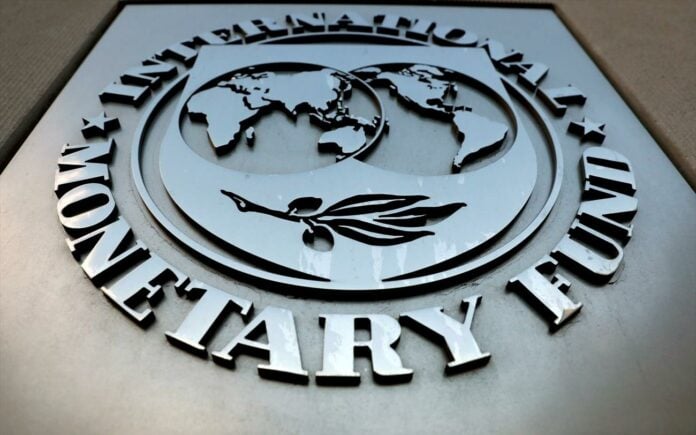The public debt as a percentage of GDP is expected to fall in 2024 and the Greek economy to return to primary surpluses of 2%, according to the International Monetary Fund’s (IMF) Fiscal Monitor report on global fiscal developments released on Wednesday.
More specifically, it estimates that public debt will continue its downward path in the coming years until 2028, falling from 168% of GDP this year to 145.3% of GDP in 2028. In terms of achieving primary surpluses, the Fund estimates that a surplus of 1% of GDP will be recorded in 2023 which will rise to 2% by 2028.
Regarding debt, the IMF estimates that it will significantly fall by 2028. For 2023 the debt-to-GDP ratio is expected to fall to 168% of GDP while it will continue to decline as a percentage of GDP, to 160.2% in 2024, 155.7% in 2025, 151.4% in 2026, 148.2% in 2027, and 145.3% in 2028.
According to the IMF, the primary surplus will be at 1% of GDP in 2023 (from a primary surplus of 0.3% of GDP estimated in the spring). This estimate does not significantly differ from the Greek government’s forecast in the draft budget (1.1% of GDP).
For 2024 and 2025, the Fund predicts that the primary surplus will reach 2% of GDP.
The estimate for 2024 is marginally lower than the government’s latest forecast of a primary surplus of 2.1% of GDP.
General government revenue as a percentage of GDP is expected to decline gradually to 47.3% of GDP in 2023, 46.4% in 2024 and 2025, 45.9% in 2026, 44.4% in 2027 and 43.5% in 2028. General government spending is also expected to de-escalate from 48.9% of GDP in 2023 to 44.7% in 2028.














